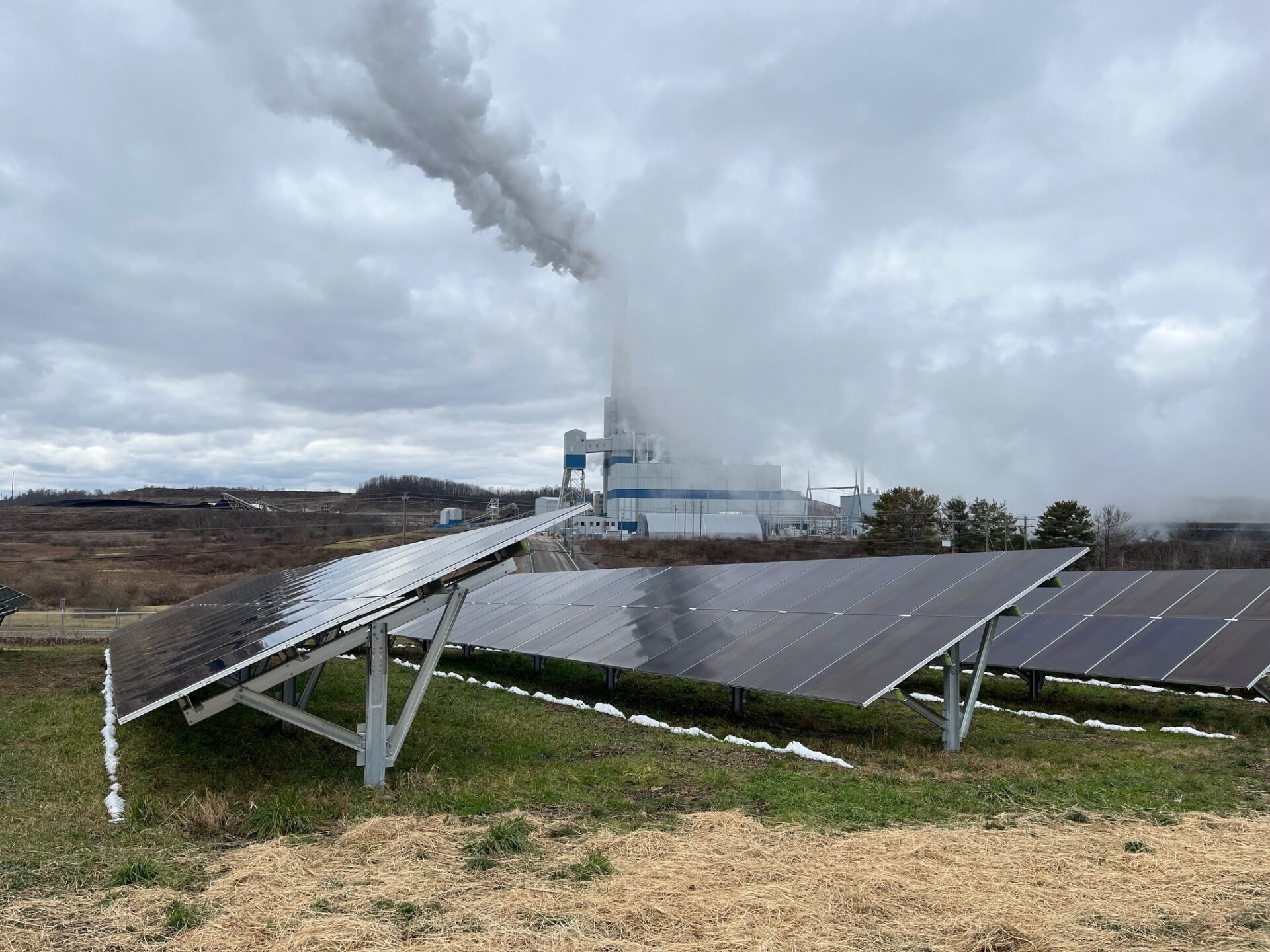The House considered House Bill 2562 Monday, relating to sales tax increment financing. This bill would authorize recalculation of the base tax revenue amount, specifically in reference to Morgantown and other areas of Monongalia County.
Delegate Eric Nelson, the House Finance Chair, explained the bill and says it will help infrastructure in Monongalia County.
“This is an evolving form of financing,” Nelson explained, “As we move forward as a state and look to create opportunities for new economic development, part of that is having some funding sources. The state is not at risk in this. They do not own the bonds. What has been described here, comparing this as a mortgage, the state doesn’t have a mortgage on this. There are other people that hold these bonds looking to the development up in Morgantown, the excess development, the excess sales, that will pay off their funding that they’ve put in place so that we could finish the development of this area, this interchange, bring in new business to help the whole community of Monongalia County and Morgantown.”
Delegate Doug Reynolds opposed the bill saying it was too vague.
“People in Morgantown got their baseball stadium; the only issue here is, and I’m not sure whether the fifteen million was too high or too low, is who bares that risk? The bond holders or the tax payers of the state of West Virginia?” Reynolds asked.
Delegate Cindy Frich of Monongalia County supported the bill and says it must be passed if Monongalia County’s infrastructure is to improve.
“I heard Mon County’s getting a baseball field, or we got our baseball field, WVU got their baseball field. If this does not go forward, Monongalia County will not get their infrastructure improvements, will not get the interchange, will not get infrastructure for development of one of the least development parts of the county, with one of the poorest schools, accessing, poorest children accessing a school in the area,” Frich said.
Delegate Nelson spoke again before passage, urging support of the bill, and saying it’s just one step in the right direction.
“Let’s look at other forms of development that we have utilized throughout this state,” Nelson said, “How many new entities have come into this state that have received a tax credit of some form or another? We’ve had quite a few of those. So this just happens to be a form of financing that is basically cutting a base at a certain level, and everything above that is benefit to private players taking a risk on the assumption of growth. The state is a party to that, because we’ve looked ahead, set a base, and we go off that.”
House Bill 2562 passed 75 to 20.
